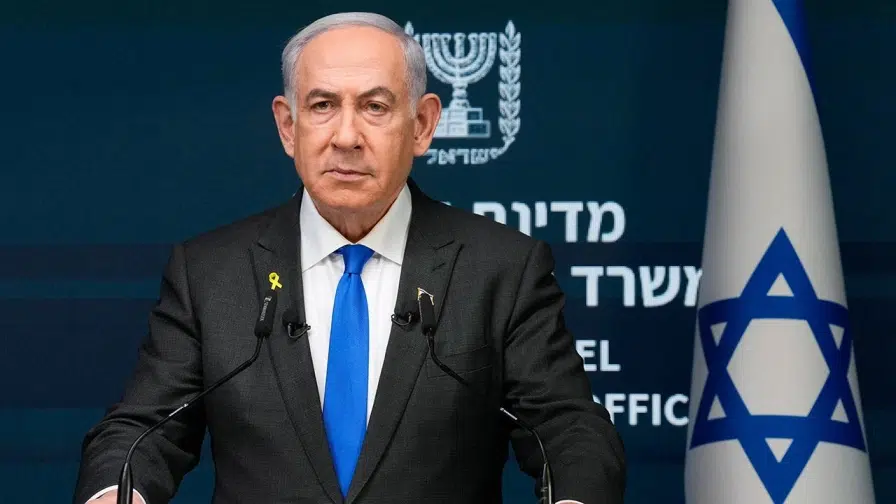HYDERABAD (Reuters) – India continued its seven-week-long general election on Monday, with the fourth phase of voting intensifying debates over economic disparities and religious divisions.
Voter Turnout and Election Phases
The world’s most populous nation began voting on April 19 in a seven-phase election, with nearly one billion eligible voters. Ballots will be counted on June 4. Prime Minister Narendra Modi is seeking a rare third consecutive term, representing the Hindu nationalist Bharatiya Janata Party (BJP), against an alliance of more than two dozen opposition parties, including the main rival Congress.
Calls for Decisive Government
“I appeal to all to vote for a decisive government,” said Amit Shah, Modi’s powerful aide and the country’s home minister, as voting began. On Monday, 96 parliamentary seats were contested, primarily in the southern and eastern states of Telangana, Andhra Pradesh, and Odisha, where the BJP is less dominant compared to the north and west.
Voting in Troubled Kashmir
Srinagar, the main city of the troubled Kashmir Valley, also participated in voting for the first time since Modi’s 2019 decision to revoke the region’s semi-autonomous status. The BJP is not contesting in Srinagar, as analysts predict the outcome will challenge Modi’s narrative of a peaceful, more integrated Kashmir.
Read More: Erdogan Says Netanyahu’s ‘Genocidal Methods Will Make Hitler Jealous’
Local Reactions and Security Measures
“I voted after over two decades … just to get relief from what we are facing here,” said Bashir Ahmad Lala, 67, a resident of Srinagar. Police imposed restrictions on gatherings in the militarized region, while opposition parties claimed their workers were arrested, which police denied.
Former Jammu and Kashmir Chief Minister Farooq Abdullah, president of the National Conference party, stated that Modi and Shah “will definitely get defeated” nationally. Asaduddin Owaisi, a prominent Muslim lawmaker from Hyderabad, criticized Modi’s recent “venomous” comments against minority Muslims, adding, “An individual cannot be bigger than the country. So, Modi is not the country.” Modi has maintained that he does not oppose Muslims and that his government does not discriminate.
Economic Concerns vs. Religious Rhetoric
Analysts question whether the BJP and its allies can achieve the landslide victory predicted by opinion polls. Modi has shifted his campaign focus from his economic record to accusing Congress of planning to extend welfare benefits to Muslims at the expense of disadvantaged tribal groups and Hindu castes. Last month, he claimed that Congress planned to redistribute the wealth of majority Hindus to Muslims, referring to them as “infiltrators” with “more children.” Congress has denied these claims, asserting that Modi is rattled by the voter turnout, which the BJP denies.
Voter Priorities and Opposition Strategy
About 80% of India’s 1.4 billion people are Hindus, with approximately 200 million Muslims. Surveys indicate that voters are primarily concerned about unemployment and rising prices. “I will vote for someone who is educated and can develop our area,” said Pradipta Kumar Sethi, a resident of Odisha’s tribal Koraput district. Congress advocates for better representation and welfare programs for poor and disadvantaged groups, arguing that wealth inequality has worsened during Modi’s 10-year term, a claim the government rejects.
“Do not get deterred by the diversionary tactics of hateful speeches which divide society,” said Congress President Mallikarjun Kharge in a message to voters. The opposition INDIA alliance received a boost ahead of Monday’s vote when the Supreme Court granted temporary bail to Delhi Chief Minister Arvind Kejriwal, who has been detained in a graft case, allowing him to campaign.
Impact of Weather on Voter Turnout
The hot weather’s effect on voter turnout is also being monitored, with temperatures in parts of the country reaching 40 degrees Celsius (104 Fahrenheit) or higher in the past week.













